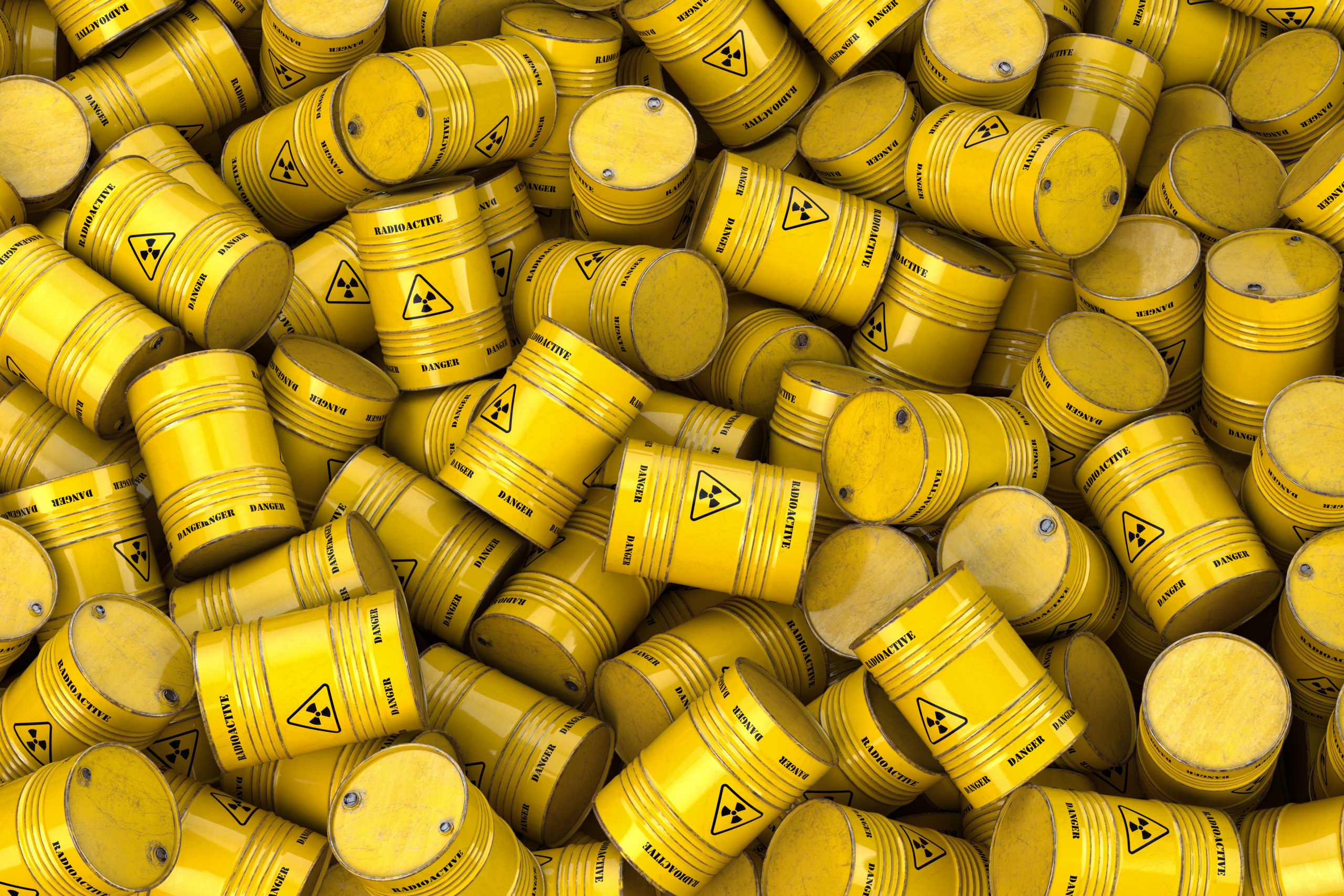In the United States, there are specific regulations and standards for handling and storing different types of hazardous materials; these regulations vary depending on the state in which you are working. Generally, hazardous materials must be stored in a designated area and kept in an approved container. When it’s time to dispose of the material, it must be done in a safe and authorized manner. Each industry has different ways of properly disposing of hazardous materials. Keep reading to learn about how to properly dispose of hazardous materials in different industries.
How do you properly dispose of lead acid batteries in the power generation industry?

Lead acid batteries are commonly used in automobiles and other vehicles. Lead acid batteries are made up of lead plates and sulfuric acid. The lead plates are converted into lead sulfate when the battery is discharging. The lead sulfate is converted back to lead plates and sulfuric acid when the battery is charging. When disposed of improperly, they can release harmful toxins into the environment. Batteries should be recycled or disposed of at a certified hazardous waste facility.
How do you properly dispose of a septic tank?
Septic tank removal is a hazardous material disposal process used in different industries. The most important factor in the septic tank removal process is safety. The workers removing and disposing of the hazardous material must be properly trained and equipped to handle it safely. The equipment used must also be safe for use with hazardous materials.
Once the hazardous material has been removed from its original location, it must be transported to an approved disposal facility. This may involve driving long distances or transporting it by air or waterway. It’s important to ensure that all appropriate safety precautions are taken during transport so that there is no chance of releasing hazardous material into the environment.
How do you dispose of medical waste?
In the medical industry, such as primary care and specialty care services Cranford, NJ, there are specific ways that medical waste must be handled and disposed of to protect both workers and patients. Medical waste can come from a variety of sources, including but not limited to: sharps (needles, lancets), blood or other body fluids, bandages, dressings, and pills.
Medical waste must always be treated as hazardous and should never be placed in regular trash cans. There are special containers designated explicitly for medical waste disposal. The containers should never be overfilled, and the lids must always close securely. When the container is full, it needs to be taken to an approved disposal site. These include a landfill, local hospital incinerators, commercial incinerators, and chemical destruction facilities.
How do you properly dispose of hazardous materials in metallurgic manufacturing?
In metallurgical manufacturing, hazardous materials are often created as a by-product of the manufacturing process. These materials must be properly disposed of to protect workers and the environment. Several different methods can be used to dispose of hazardous materials in this industry.
One common method is to incinerate the material. This involves burning the material in a furnace at a high temperature. The heat from the furnace will break down the hazardous material into harmless compounds. Another method is to neutralize the material using a chemical reaction. This involves adding a special chemical to the material that will cause it to become inert. Once inert, it can be safely disposed of without harming workers or the environment.
How do you properly dispose of hazardous materials in the textile industry?

The most common type of hazardous material in the textile industry is lead, which can be found in paints, dyes, and other coatings. Lead is a neurotoxin that can cause serious health problems if inhaled or ingested. Other common hazardous materials in the textile industry include asbestos, mercury, and chromium. One way to dispose of hazardous materials properly is to use a hazardous waste management company. They specialize in the safe removal and disposal of hazardous materials and typically come to your facility and take the hazardous materials away for disposal.
All hazardous materials should be handled and disposed of according to local regulations. Improper disposal of hazardous materials can pose a serious risk to human health and the environment and lead to serious consequences.
